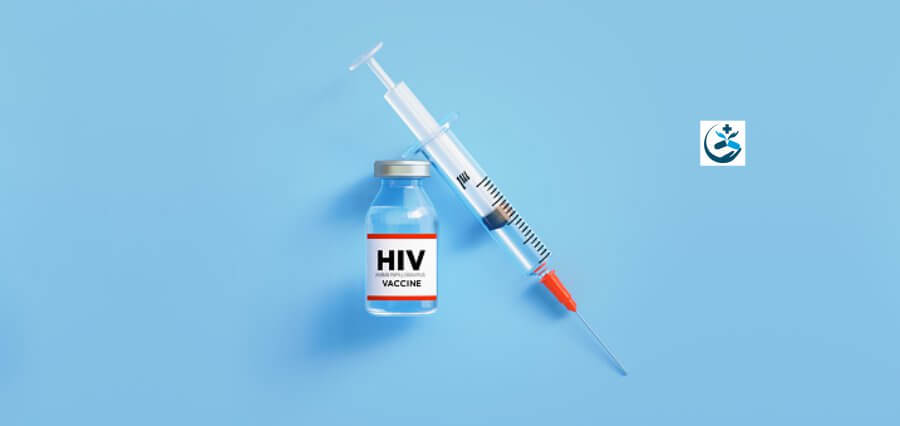Researchers announced on Tuesday that they had discovered a severe form of Mpox in people with advanced HIV, which had a 15% mortality rate among AIDS patients.
Mpox, formerly known as monkeypox, has long been endemic in several African countries but began spreading globally last May, primarily affecting men who have sex with men.
According to the World Health Organization, more than 85,800 Mpox cases, with 93 deaths, have been reported in 110 countries. According to another study published in The Lancet journal, 38-50 percent of global Mpox patients also had HIV.
Brief Overview
An international team of clinicians examined 382 people from 19 countries who had HIV and Mpox for the study. The figure had 27 people who died, accounting for almost a quarter of the total toll during the global outbreak.
Symptoms generally are massive, necrotizing lesions on the skin, genitals, and occasionally the lungs. The clinicians discovered a particularly severe form of the disease, dubbed “fulminant Mpox,” that afflicted people with advanced HIV or AIDS.
Patients with a low count of a type of white blood cell called CD4 cells had the worst lesions and other symptoms. HIV destroys CD4 cells, which assess a patient’s immune system’s health.
As per the Centers for Disease Control and Prevention (CDCP), people are diagnosed with AIDS when their CD4 count falls below 200. A healthy person who does not have HIV should have a CD4 count greater than 500 cells per cubic millimeter of blood.
Expert Advice
The research team also recommended including this severe form of Mpox on the list of “AIDS-defining conditions” preserved by international public health agencies, which aids doctors in determining which infections are particularly unsafe for HIV-positive people.
According to Matthew Hodson, executive director of the UK-based charity NAM Aidsmap, despite a drop in Mpox numbers across the world, the disease remains a “significant threat” for people with advanced HIV.


